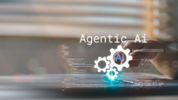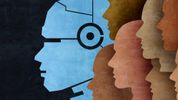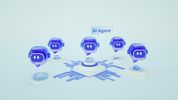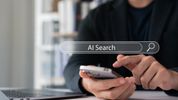AI's versatile nature leads Mr. Altman from Open AI to view it as akin to "a new computer," a sentiment echoed by Mr. Nadella, from Microsoft. Mr. Nadella believes that AI offers a breakthrough in efficiency and ease, not seen since the advent of personal computers. At Microsoft, the supply-chain team is already leveraging AI for decision-making impact analysis, a task traditionally reserved for quarter-end financial reviews.
The potential of AI to supplant roles traditionally held by highly skilled professionals, such as accountants, has sparked debates about its effects on employment. A recent study by the IMF, released on January 14th, suggests that AI could significantly transform job markets. Those with higher education might be the most affected by this shift, yet they also stand to benefit greatly from the ensuing wave of innovation. Both Mr. Nadella and Mr. Altman believe that AI will ultimately lead to the creation of more jobs than it eliminates.
Mr. Nadella anticipates a more dynamic job market, where individuals can rapidly acquire new skills and transition between roles, leading to a reshuffling of wage structures – some increasing and others becoming more standardised.
The prospect of achieving artificial general intelligence (AGI), capable of surpassing human intellect in most areas, intensifies these discussions. While some fear catastrophic outcomes ranging from economic turmoil to a hypothetical robot uprising, AGI remains a key objective for OpenAI.
Mr. Altman remarks on the steady progress toward this goal, comparing it to the iPhone's evolution: no single model marked a drastic change, but the cumulative advancement from the first to the latest model is remarkable. He predicts that the initial turmoil following the emergence of AGI will be brief, suggesting that after a brief period of global apprehension, life will continue as usual.
One reason the world’s corporate elite jet off to Davos each year is to check in on important relationships, be they with critical suppliers or big-spending customers. This year many are wondering about their relationships with Microsoft and Openai, the startup behind Chatgpt. The companies are the world’s most prominent purveyors of artificial intelligence (ai), which has the business world giddy. Openai exclusively licenses its technology to Microsoft. The software giant is busy injecting it into products from Word to Windows.
https://www.economist.com/business/2024/01/17/sam-altman-and-satya-nadella-talk-to-the-economist
 unknownx500
unknownx500




